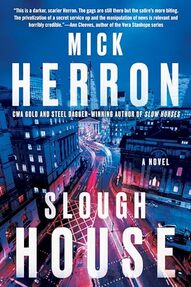
What else can I say about these books? Well, there is, at least, ONE thing; these books get noticeably darker as they go on and Slough House is the darkest yet. I am poised to read the final (existing) Slough House book, Bad Actors shortly and we will see how dark THAT one is.
I steadfastly avoid plot summary because I don't want to spoil anything if someone happens to read this but it is also the fact that these are spy books and there are marked similarities between the plots of many of the books. It is the nature of spy books.
This isn't to say the books are the same but rather to point out that these books are MORE about the characters than the broader plot elements. They get put in similar situations in many of the books because the characters are spies (well...sort of...). I would compare it to a series dealing with attorneys where the protagonists often wind up in court. It is hardly shocking lawyers wind up in court or spies...well....SPY. This also refers to BROAD plot elements like "there are people trying to kill a member of the team." Obviously there are more subtle elements to the various plots.
What Herron does best is create characters you really like or hate. Even some of the "bad" ones you develop empathy for and feel vaguely bad when something happens to them. There are kind characters, funny characters, characters you would like to have a martini with and characters you would never, ever want to meet in person. Even the minor characters seem to require an emotion of the reader.
It is probably a requirement that someone writing a series make you care about the characters in one way or another. Keeps readers reading.
I am personally glad I read this book without having to wait a year or so for the next one to come out as I NEED to know what happens ASAP.
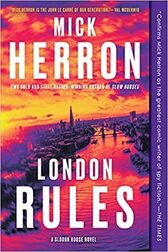
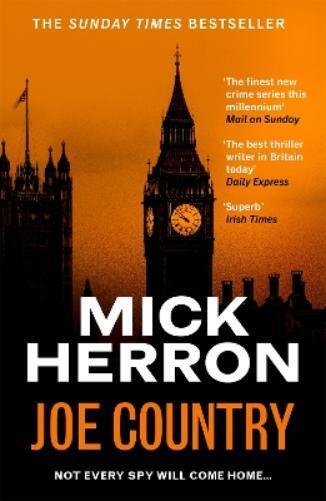
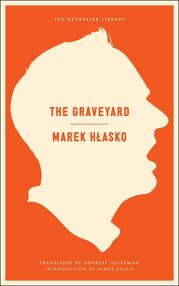
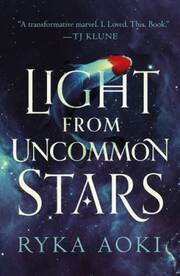
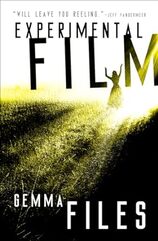
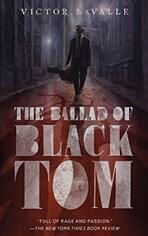
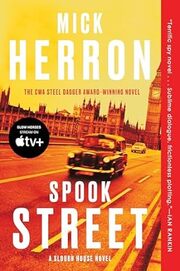
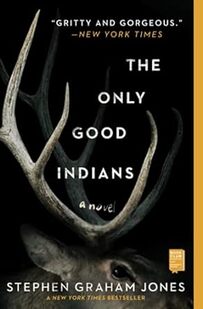
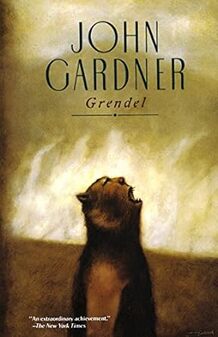
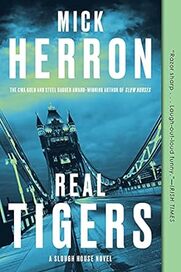
 RSS Feed
RSS Feed